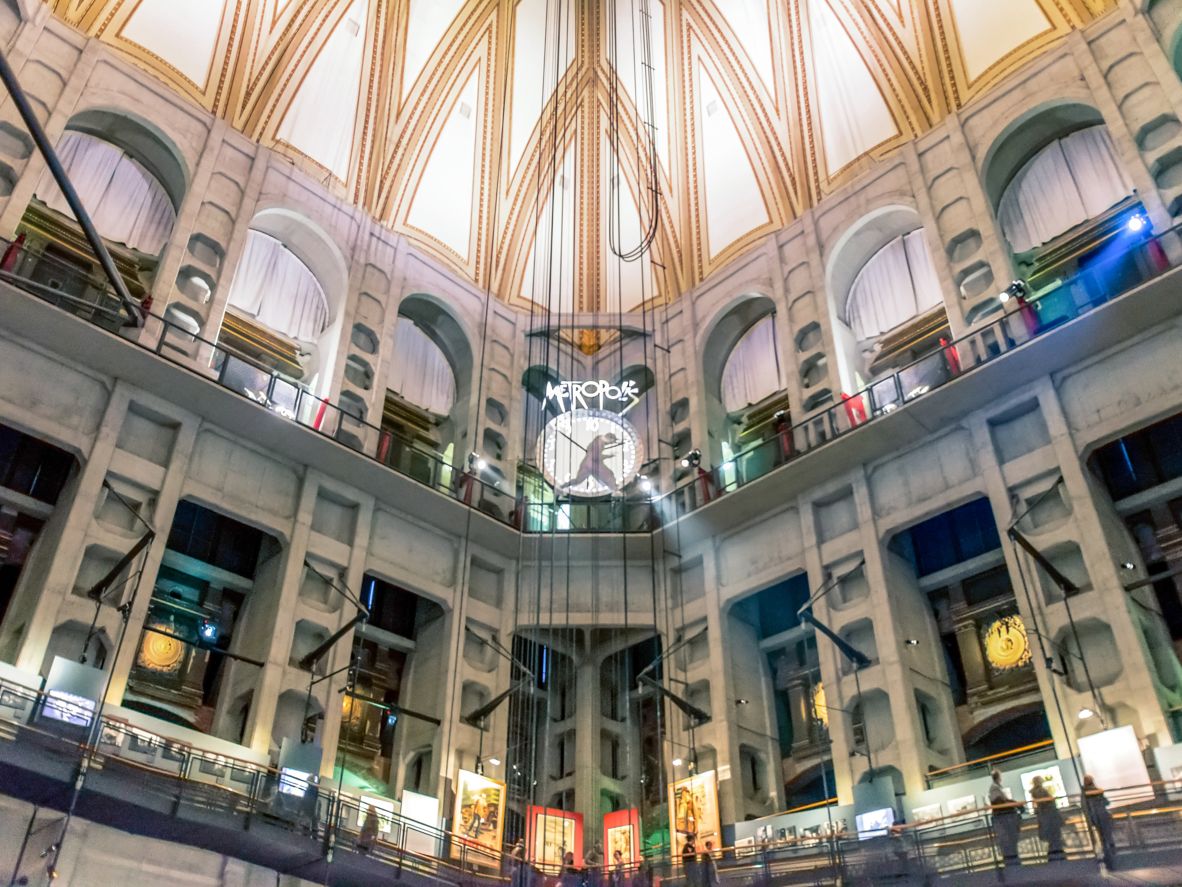EN2K8/EN3K7 The Novel Now: Reading the Novel in the 21st Century

| 2023 | |
| DAY/TIME: | |
| WEDS 10 - 11:30 (FAB 2.34) | |
| THUR 10 - 11:30 (FAB 1.05) | |
Module Credits: 15
Tutor(s): Prof Paulo de Medeiros
Office Hours (T2): Tuesday 9:00-10:00 on MS-Teams; Wednesday 13:00-14:00 FAB 5.08
All information for the module currently on this site (later on Moodle).
The current reading list (2022-23) is set. Reading lists vary from year to year. Usually, two to three novels in the current list get changed for other ones. I welcome suggestionsLink opens in a new window from any student interested in the module for texts to include in future editions and will be listing them all hereLink opens in a new window as received.
Reading list for 2022-23 listed below and under Syllabus
Module Outline:
|
The module aims to explore the contemporary novel. Texts are chosen from a changing array of novels from across the world, and published very recently. At its core is the notion of the contemporary and the interrelations between narrative and social, political and historical issues. The module complements the systematic study of the novel as a genre provided in two other modules: The European Novel and The Global Novel. |
Pathway information (for students who enrolled on their course prior to 2019/20): [details of how the module fulfils pathway requirements if applicable]
Reading List: Digital ResourcesLink opens in a new window.
Background reading (please prepare before the first seminar)
Terry Eagleton, 'What Is a Novel?' Link opens in a new window(first chapter of The English Novel, pp. 1-21)
Subject to changes every year
Reading List for 2022-2023 (please prepare the reading before the seminar)
Week 1: Jenny Erpenbeck. The Book of Words. 2004. [Germany]
Week 2: Olga Tokarczuk. Drive Your Plow Over the Bones of the Dead. 2009. [Poland]
Week 3: Djaimilia Pereira de Almeida. That Hair. 2015. [Portugal]
Week 4: Max Porter. Grief Is the Thing with Feathers. 2016. [UK]
Week 5: Emily Strout. My Name is Lucy Barton. 2016. USA
Week 6: Reading week
Week 7: Jesmyn Ward. Sing, Unburied, Sing. 2017. [USA]
Week 8: Kazuo Ishiguro. Klara and the Sun. 2020. [UK]
Week 9: Damon Galgut. The Promise. 2021. [South Africa]
Week 10: Eloghosa Osunde. Vagabonds! 2022. [Nigeria]
1 3000 Words Essay (EN2K8)
1 3500 Words Essay and 1 individual handout and presentation (EN3K7)
Objectives and outcomes: By the end of this module you should be able to
- Critically analyse novels from a range of theoretical perspectives
- Demonstrate an understanding of the novel’s relationship to key political and social issues affecting contemporary society
- Demonstrate knowledge of how the novel has been conceptualized and received in the 21C
- Compare and select different theoretical methods of cultural and political analysis (to be demonstrated through the class presentation and final essay).
- Research and construct a convincing argument, drawing on appropriate resources (to be demonstrated through the final essay)
- Demonstrate detailed knowledge of the major critical approaches studied in the module (world-systems theory, memory studies, critical theory, and genre theory)
